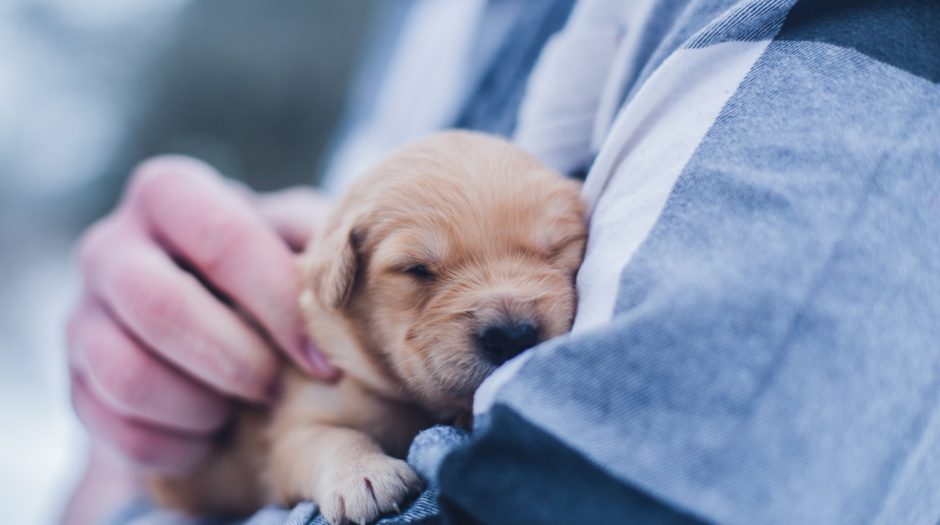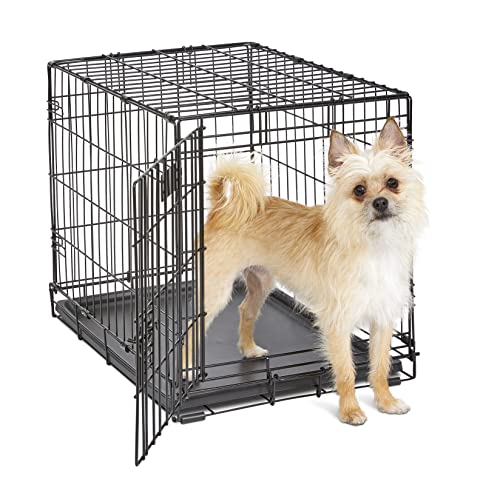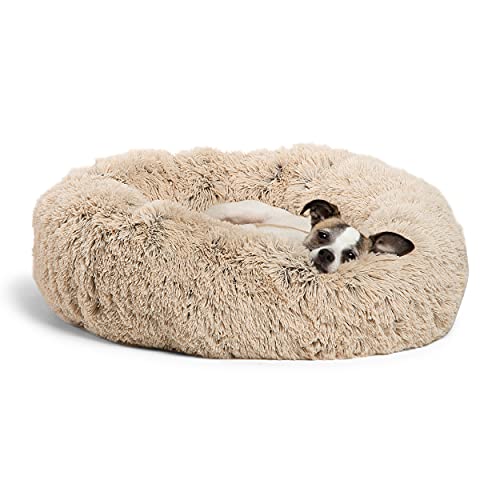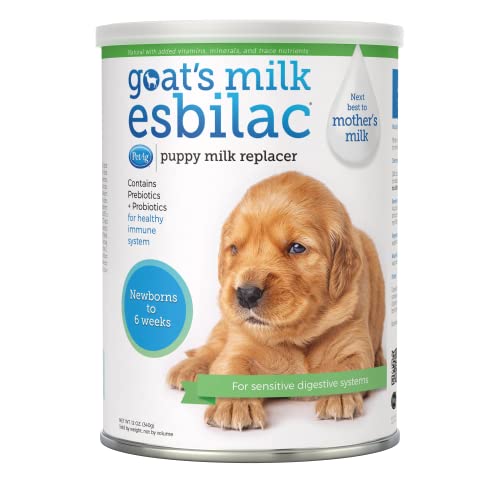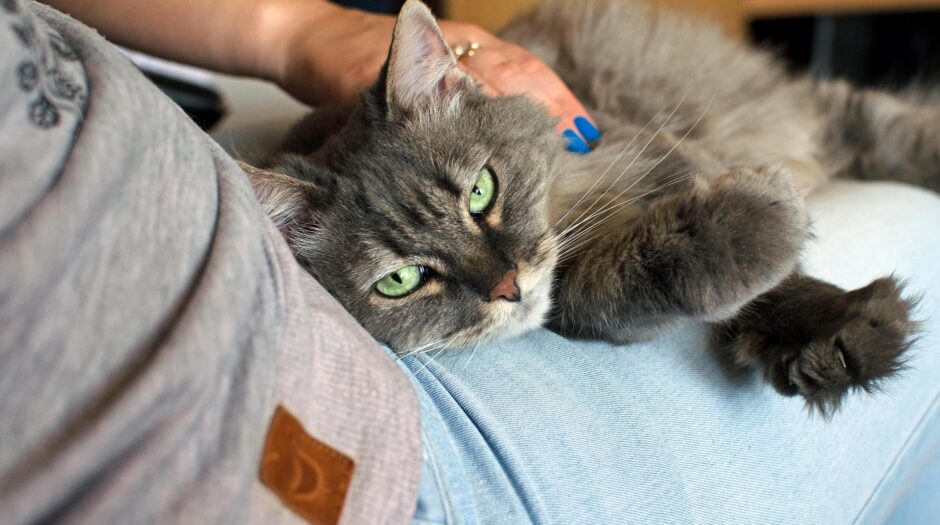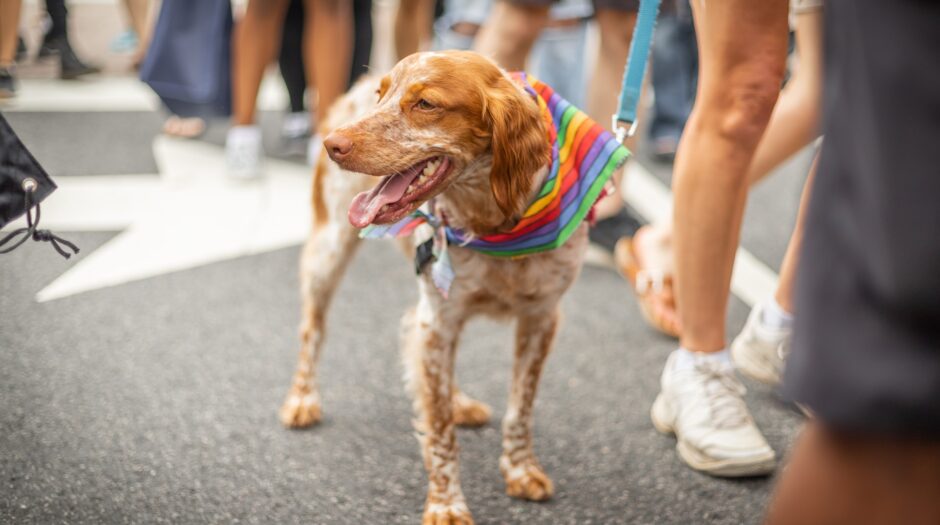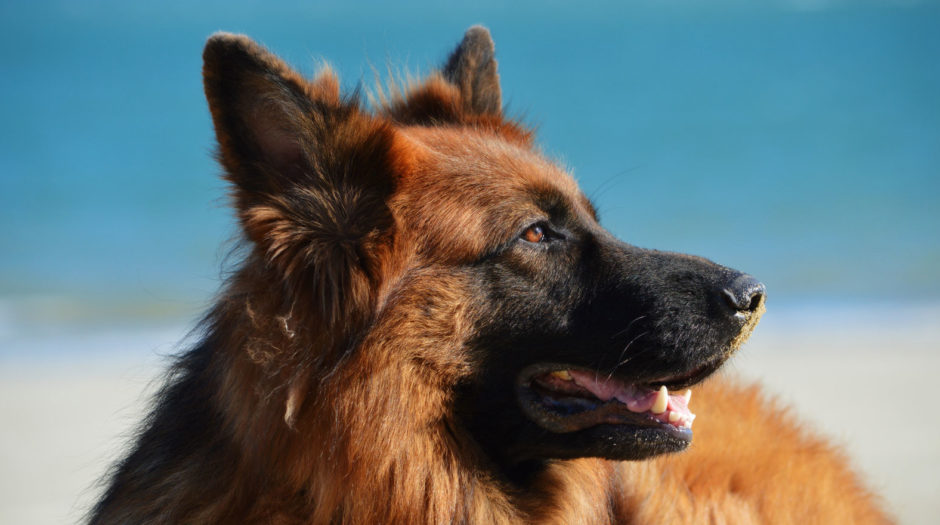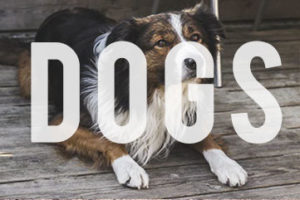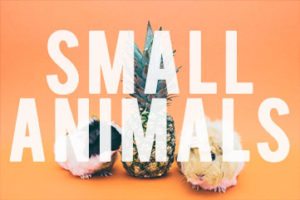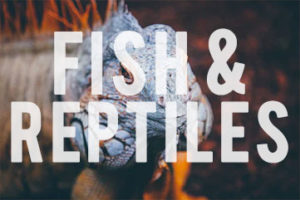Ultimate New Puppy Care Guide (First 12 weeks + Shots)
The first few weeks of a newborn pup’s life are crucial for its sound growth and development.
If you are inexperienced on how to care for the newborn pup, or where to start, read this guide to become more informed about the important happenings and care information, from day one to 3 months.
We have also included some highest-reviewed product suggestions from our Amazon affiliate links. There is no cost to you and helps us keep the lights on (thanks!).
Here is a Table of Contents to jump down to the section you need:
New Puppy Essentials List
Newborn Puppy Care
2 Week Old Puppy Care
3-4 Week Old Puppy Care
5-6 Week Old Puppy Care
Two Months (8 week old ) Puppy Care
Three Months (12 week old ) Puppy Care

New Puppy Essentials List
Here is the recommended list you will need for your puppy (according to Cesar Millan!), our suggested products and where to order them on Amazon. These include collars, bedding, crates, dog bed, food/water bowls, food/treats, grooming supplies, identification and toys.

How to Care for a Newborn Puppy
Your newborn puppy will spend their first few weeks in the pen or crate where they were born. On their first day, it is essential to ensure that the space they’re in has enough room for their mom to lie down, and come and go without crushing them.
Some mother dogs, mostly first-time ones, are also pretty nervous or anxious. This behavior may affect their milk production for your pups. To alleviate their anxiety, have them situated in a secure or secluded area.
Ensure that the location is on the correct temperature to keep the pups nice and warm. Typically, their environment should be around 85 to 90 degrees F (25 degrees C) when they are first born.
Check out this guide specifically for newborn puppy’s first days from wikihow.

2 Week Old Puppy Care
What To Expect
At this stage, your newborn puppy is almost devoid of its senses. They can’t regulate their body heat and don’t have teeth yet. Their mom takes care of everything from feeding them, keeping them warm and cleaning them. If mom is not available, provide them with a puppy formula milk replacement.
- Recommended Puppy Food: Ideal for orphaned or rejected puppies
- Vitamins, Minerals, and Amino Acids: Gives puppies the nutrients and milk protein they need
- Powdered Milk: Can also be used to nurture post-surgery or older dogs
Lastly, expect your new furballs to sleep most of the time during this period. Sleep is essential for a newborn puppy’s development.
What To Do
Make sure to check your newborn pup for any defects like cleft palate that can deter it from feeding. Also, remember that young puppies rarely cry. If you hear it crying, it is a sign that there is something wrong with your puppy. Be wary and inspect if needed. Your puppy may be hungry, cold or worse, sick. Deworming for hookworms and roundworms should start at two weeks of age and be repeated at four, six, and eight weeks of age.
- Convenient 12 Pack
- Non prescription
- Controls seven strains of tape; hook and roundworms
What to Buy or Provide
Human babies are messy, and so are newborn puppies. Make sure to purchase enough blankets and bedding materials for your young pup’s den. Keep the bedding dry and clean regularly to make sure your pup can snooze in comfort.

4 week Old Puppy Care
What To Expect
This stage is the period where your newborn pup will begin to have a new sense of the world. Their fuzzy eyes and fluffy ears start to open. They will begin to become aware of their surroundings and recognize you and other individuals that are usually around.
Your pup will also start to stand up and take their first clumsy steps as both of their rear and front legs develop. Their puppy teeth then begin to come through, signaling that it’s already time for weaning. Puppies may experience pain and drooling while teething the next two months. There are several remedies to help with puppy teething:
- Pro tip: Freeze these and then let them chew on it. It help sooth the gums!
What To Do
As their senses develop, make sure to avoid sudden changes in noises or extreme lighting. Such adverse occasions may significantly affect their development and or even, their personality.
At this point, it is also imperative that the pup still stays with the mom and siblings. Puppies learn biting inhibition via puppy play-biting while mom teaches them discipline. This period is a crucial stage where your pup will learn how to be a dog, how to support itself and how to socialize with other members of their species.
What to Buy or Provide
By the third week, you can provide an open crate in the puppy den. The crate will help your pup have a clear distinction between play and sleep areas.
At four weeks old, you can start introducing food to your pup. Make sure to check what type of foods to avoid and only provide them with nutritious ones. You can select and purchase plentiful of high-quality kibbles available for puppies in the market. Create puppy mush, start with small servings and make graduals increases as the mom continues to wean them.
- Contains Das for brain and eye development
- Antioxidant Formulation
- Balanced omega fatty acids for skin and coat

6 Week Old Puppy Care
What To Expect
By this time, your puppy’s senses are fully developed. With this, the mother spends less time with your puppy to provide a sense of independence but still accompanied by ample help and guidance. Mom may even feed them while standing up, but only for a short time.
What To Do
At this stage, socialization becomes essential. It’s an excellent time to start introducing new things to your pup such as different things, sounds or environments they need to be familiarized. Let your dog meet new people and be friends with children. Socialization needs to be constructive and appropriate to help the puppy be more confident.
Required Shots
Your pup will usually start receiving required puppy vaccinations during the sixth week, including:
-
DHLPPC
This combination shot protects your puppies from Distemper, Adenovirus, Leptospirosis, Parainfluenza, Corona, and the most common virus “Parvo”. This is followed by a scheduled shot on: 9-11 weeks old; 12-15 weeks old; 12-16 months old; and every 1-2 years.
-
Bordetella
Also known as Kennel Cough. This vaccine shot is initially given to your puppies and comes in intra-nasal, oral, or injectable.
If your pup is at a high-risk, the parvovirus vaccination can be given as early at five weeks of age. Make sure to ask your veterinarian if your pup needs to be vaccinated early for the said virus.
The round of vaccinations will continue up to the eight weeks with boosters in every 2 to 4 weeks up until they are 16 weeks of age. Some of the recommended vaccines include canine adenovirus-2, parainfluenza, and distemper.

2 months (8 week old) Puppy Care
What To Expect
The physical coordination of your newborn pup is now refined at this point. They will now tend to be more independent as they get the hang of their physical capabilities and start to learn most of the things in their surroundings like defining what’s safe or unsafe it and who to trust or not. This is also the time where your pup will begin to feel being a part of your family.
What To Do
Continue the socialization process with your pup during this stage. Brim your dog with positive experiences and avoid negative ones. Remember that positive encounters leave long-term effects for your dog and negative scenarios will also do the same.
Start of obedience training and housebreaking should also be done at this stage. Train your pup where to pee or poop like in a litter box, newspaper or puppy pads. You can start signals like whistling or ringing a bell during meal times to condition them when it is time to do so.
What to Buy or Provide
Your pup will start to be playful during this time. Don’t encourage them to play inappropriately, like hand-biting as they can absorb this and carry on later in life. You surely don’t want your pup play biting with you once reaches his mature stage.
To provide it with proper stimulation, you can purchase toys for them. There are lots of durable and exciting playthings available in the market. While there may be an array of toys to choose from, select toys that are appropriate for their breed and age. If your pup didn’t get vaccinated on the sixth or seventh, it is imperative for your pup to get all the vaccinations he needs at this point.
- Appropriate Chewing: The KONG Puppy soft rubber formula is customized for a growing puppy's baby teeth and gums. This gentle, but long-lasting toy helps satisfy instinctual needs and provides mental stimulation. By encouraging healthy play and satisfying instinctual needs, this treat-dispensing puzzle toy helps solve chewing, separation anxiety, teething, boredom, weight management, crate training, digging and barking
- Fetch Toy: The KONG Puppy's unpredictable bounce makes for exciting games of fetch and other interactive play with your pet. This is a fun way for beginning chewers to get the exercise they need and expend excess energy
- Great For Stuffing: The stuffable KONG Puppy is even more enticing when treat filled with bits of puppy kibble, peanut butter, KONG Puppy Easy Treat, Snacks or Ziggies. Dishwasher safe for easy clean up. Bonus: For an added challenge, freeze stuffed KONG for 4-6 hours before giving to your puppy

3 months (12 week old) Puppy Care
What to Expect
When your pup reaches the third month age, they will start to be somewhat stubborn, displaying more independence and willfulness. Their dominant instincts will begin to show up. Your puppy will most likely test your patience as their curiosity starts to grow and become more assertive. However, the submissive behavior will also develop at this point. Your pup will begin to figure out their ranking or social order in your household.
What To Do
Counteract their stubbornness by being firmer with training obedience and basic commands. If they starts to test your authority, say ‘no’ and ignore them for a few minutes to help it understand that you are the master. Make sure to continue their house training.
You can take the puppy outside whenever you think that they are going to potty. This usually happens every two-three hours, after every meal or when they wake up.
What to Buy or Provide
Chewing behaviors will start to go stronger. You can purchase safe and sturdier chew toys to keep your pup entertained that are appropriate for their age and size.
With regards to diet, your little furball should be eating solid food. Your pup should be fed around three to four times a day. Again, it is essential to avoid foods that can harm them. Various breeds may also have varying nutritional requirements. Always check what type of diet should your pup be receiving.
Required Shots
Your pup will usually start receiving required puppy vaccinations during the sixth week, but will require boosters for:
-
DHLPPC
This combination shot protects your puppies from Distemper, Adenovirus, Leptospirosis, Parainfluenza, Corona, and the most common virus “Parvo”. This is followed by a scheduled shot on: 9-11 weeks old; 12-15 weeks old; 12-16 months old; and every 1-2 years.
A lot of work accompanies newborn puppy care. You’ll need to devote much of your patience and time in doing so. Nevertheless, raising a pup can be one of the most gratifying experience you’ll ever feel.
Be committed to providing them the best care as a member of your loving family and savor the fulfillment knowing that you gave it the best possible beginning in life.

